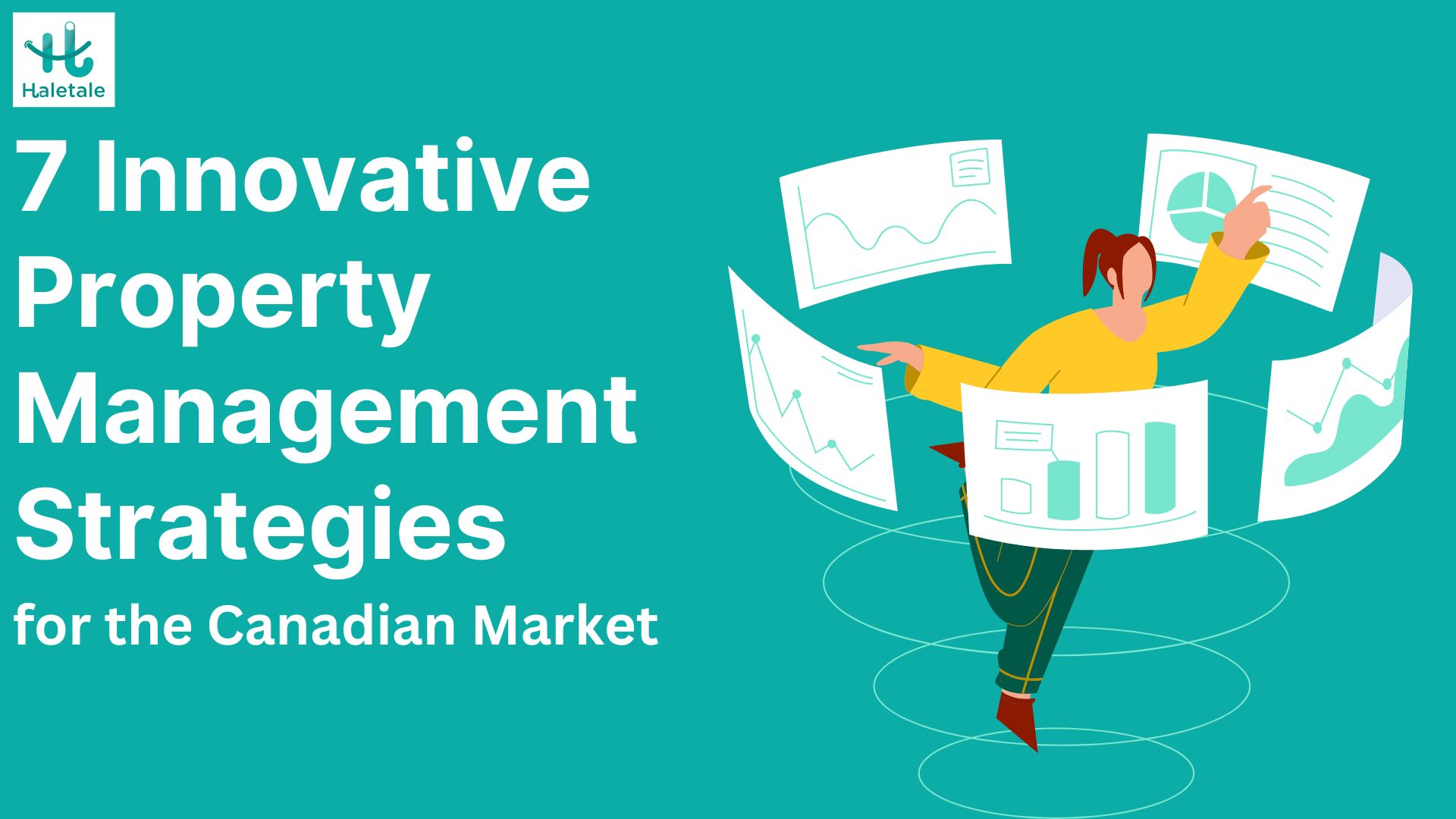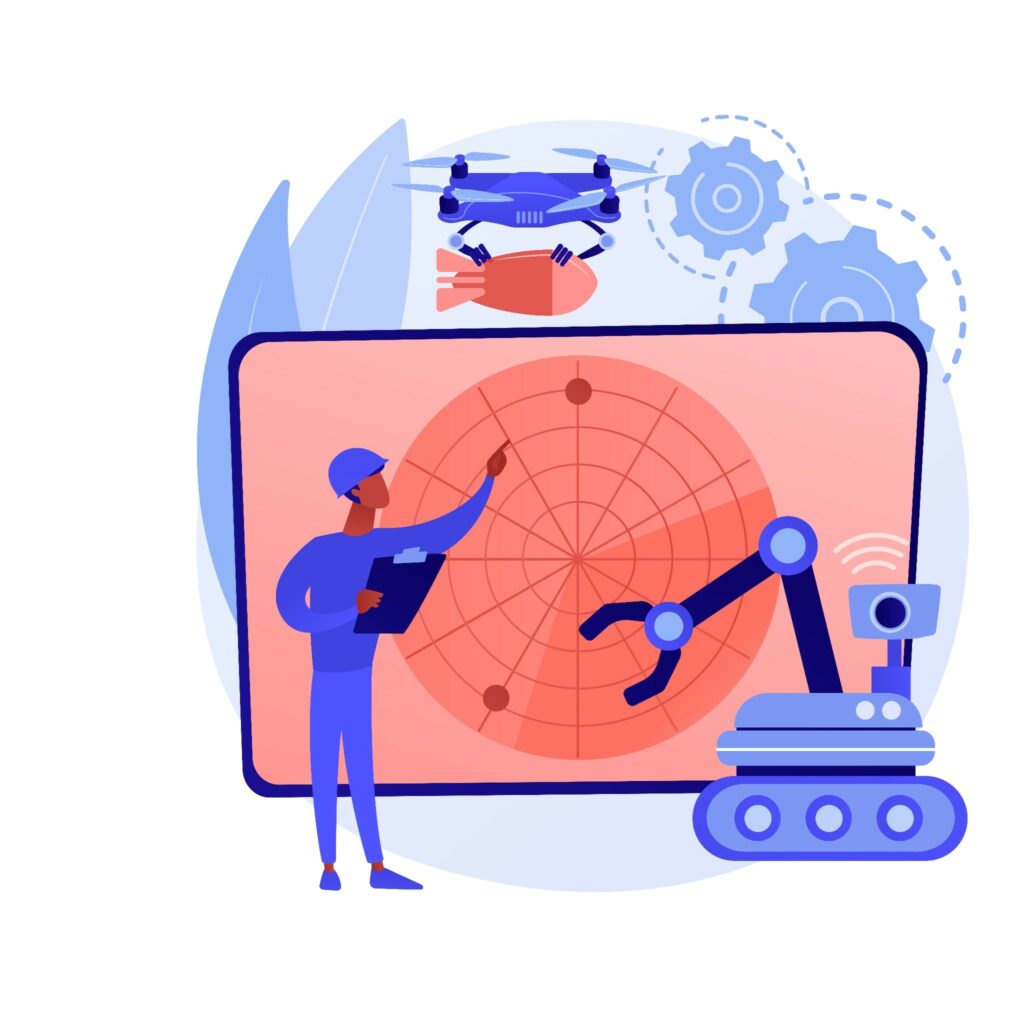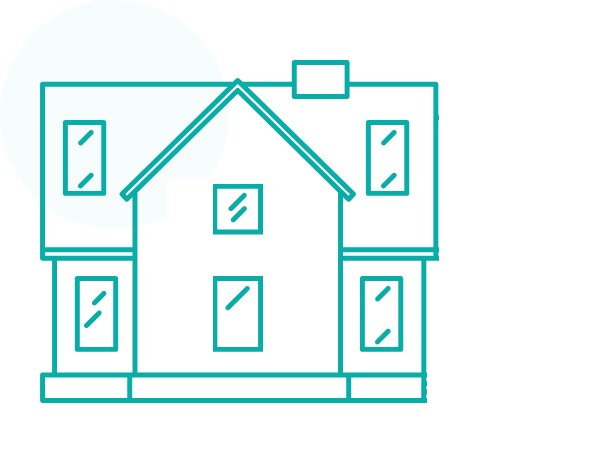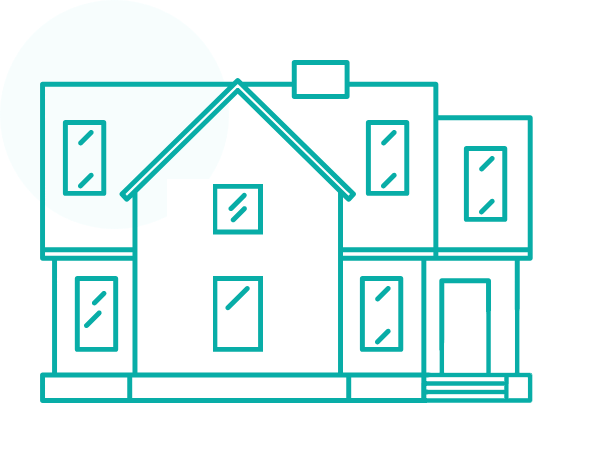The Canadian property management industry has become a crucial part of the nation’s real estate market. With the rise of corporate property owners and their ever expanding portfolios, the property managers have become the face that most tenants interact with, not a singular landlord/landlady. These property managers are wholly responsible for filling vacancies, performing maintenance and upgrades and ensuring the profitability of the facilities they manage. As their role has become increasingly more important, the challenges they face have also begun to evolve. Market volatility, new tenant expectations (a lean towards sustainable and eco-friendly properties) and changing government regulations have made the property management business more arduous than ever. In order to stand out amongst the multitude of competitors and to maximize tenant satisfaction, it is important to utilize innovative property management strategies. This article will outline 7 of these strategies and how to apply them in order to remain a viable option for landlords and tenants alike.

Emerging Trends in Canadian Property Management
The dynamic nature of the Canadian real estate market means that property managers consistently have to stay abreast of the latest developments in this space. Some of the emerging trends in the Canadian property market include:
The Rising Popularity of Sustainable and Eco-Friendly Homes:
The last few years have seen a marked increase in the demand for environmentally friendly buildings. Many homeowners are becoming more cognizant and conscious of the part their energy consumption may be having on the environment and as a result are looking to reduce their carbon footprints. This presents a new market for property managers to tap into. They can access this new customer base by making their facilities more compliant with Canadian environmental certifications such as LEED (Leadership in Energy and Environmental Design) or EnerGuide.
- The Rise of Technology in Property Management: Technology has become increasingly intertwined with property management in Canada. IoT devices are being used in buildings to more easily track when and where repairs and maintenance are most needed, property management software has streamlined a vast number of previously tedious activities and has made analyzing large swathes of data for trends and insights easier than ever before.
- New Government Regulations: In recent years, there has been a large amount of new legislation that directly or indirectly affects the housing market in Canada. Laws have been instituted which caps rent at a particular price point, leading to a limit on how much revenue can be generated from these properties. New safety mandates have also been put in place which make non-compliant properties in legal jeopardy, which of course incentivizes property managers to conform to these new standards.
Leveraging Technology for Enhanced Property Management
As has been made clear earlier in this article, there is a lot for the Canadian property manager to be aware of and still perform his duties to a high level. Thankfully the integration of technology into this field has been a more than welcome development. Maintaining efficiency and long term profitability is the end goal of every property manager and technology has become a catalyst for improvement in nearly every aspect of the field. Let us look at 7 ways that integrating technology into property management techniques makes the lives of both the property manager and the tenant so much easier:
- Automated Systems for Rent Collection and Maintenance Requests: With the advent of technology, rent no longer has to be collected via cash or even cheque. It is possible to simply set up a payment portal and link it to the property manager’s account. The rent can even be made a recurring transaction on the tenant’s bank account, resulting in a seamless payment experience. Using these payment platforms also makes the generation of receipts and payment histories exceedingly easy and this in turn increases transparency between property manager and tenant.
The streamlining of maintenance requests is another welcome effect of technology’s integration into the property management field. Before the advent of digital maintenance platforms, maintenance requests were a hotbed of complaints for tenants. They often found the lack of transparency as to the progress of their requests, the inefficient record keeping and the delays before anything was done deeply frustrating. Nowadays however, online maintenance request portals have allayed all these concerns. It is very simple to go online and submit a maintenance request and track it from the moment the tenant submits to when the workmen arrive at their door. These maintenance systems may also be outfitted with communication platforms so that more specific requests and updates can be shared in due course. For the property managers, these systems are a welcome alternative to what it previously was like to manage maintenance requests.Tracking and prioritization of these requests is as simple as a few clicks on a computer, as opposed to the paper-based mess it used to be.
Data Analysis and Insights
Another massive benefit of incorporating technology into the property management field is the use of data analytics to parse through huge amounts of data and produce easily digestible insights. In the pre-internet age, performing this task was nigh impossible due to the sheer amount of data that would have to be manually collected and processed. Now, with modern data analysis tools, property managers can obtain a comprehensive view of tenant behavior at one or all of their properties at once. This may include preferences, occupancy patterns and satisfaction levels. They can then leverage the information gained from these insights to enhance tenant experience by tailoring amenities and optimizing property layouts to meet the evolving needs of their residents.
By analyzing historical data on market trends, economic indicators and property performance, managers can make data-driven decisions to mitigate risks and maximize returns.
The advent of analytics also has applications outside of the property manager’s own facilities. Data analytics allows property managers to conduct thorough competitive analysis by comparing their properties to others in the market. These insights aid in helping managers set competitive rental rates, identifying selling points that differentiate their properties from the competition and to adjust their marketing strategies to attract tenants more effectively.
Mobile Property Management Applications
According to Exploding Topics, the average person is spending 3 Hours and 15 minutes per day on their phones, with 1 in 5 users using their phones upwards of 4 Hours 30 minutes a day. Everyday the number of people using phones or other devices as their primary mode of communication rather than actual real-life meetings with people goes up. As such, the savvy property manager will utilize digital modes of communication as a quick and easy way to reach all their tenants at once. Making use of tools like instant messaging platforms open a quick and direct line of communication between property managers and tenants. These platforms facilitate timely responses to queries, maintenance requests and general inquiries, fostering a more responsive and efficient communication process.
Use of Virtual Meetings and Webinars
Digital tools like Zoom facilitate virtual meetings and webinars, providing property managers with the ability to conduct remote discussions with their tenants. This is especially valuable for community meetings, where updates on property developments can be delivered and tenant concerns can be addressed without having to meet in physical spaces.
In order to more accurately gauge tenant sentiment, anonymized surveys and feedback and forms can be shared and filled online, giving managers a way to understand tenant satisfaction levels, identify areas for improvement and address concerns promptly.
Smart Building Systems
Employing smart devices has had a transformative effect in redefining how buildings are developed and managed. Devices like automated HVAC and lighting systems have had a profound effect, leading to increased energy efficiency and by extension cost savings. Integrated security systems are another way that technology has been a boon for property managers. Features like smart surveillance cameras, access control and intrusion detection systems contribute to property safety while also streamlining the need for active security monitoring and are a source of data for actionable insights for risk mitigation.
All these smart devices also enable property managers to conduct predictive maintenance as they constantly report their status to the management tools that come with the devices. This enables the manager to be able to fix issues even before they occur.
Mobile Property Management Apps:
As previously mentioned, people are spending more and more time than ever on their phones. Savvy property managers can tap into this very specific market by making use of mobile-optimized versions of property management tools. On these optimized apps, features like mobile rent payments, maintenance request submissions and instant communication channels empower property managers to stay connected to their tenants and address issues on the go.
FAQs:
Q: What are the latest trends in property management in the Canadian market?
The property management space is constantly shifting and changing. The current trends that are shaping property management in Canada today are:
- A Growing Focus on Sustainable Practices: There is a growing emphasis on sustainability in the Canadian property market. Eco-friendly building designs, energy-efficient solutions and green certifications that reflect a commitment to environmental responsibility have become more attractive to prospective tenants.
- The Adoption of Technology in Property Management: Technologies like property management software, data analytics and smart security and HVAC systems are reshaping the way properties are managed and marketed.
- Adaptation to Regulatory Changes: The Canadian government at multiple levels has made housing a topic of priority. This has resulted in new housing policies, safety standards and other regulations that directly affect property managers. It has become increasingly important to be abreast of these new regulatory changes and make sure the facilities under the manager’s control are compliant with these new regulations.
Q: What are the best practices for tenant relations in Canada?
Technology has played an increasingly integral role in enhancing efficiency and reducing man-hours spent on previously tedious processes. The features provided by property management software such as the provision of online rent payment facilities, centralized databases and the ability to communicate with all tenants in a particular property at once have eliminated the once necessary paper trail that was a key part of the property manager’s toolbox.
Technology has also abstracted some of the most common parts of the property manager’s job. Today, it is common to have virtual tours, to sign leasing documents online and to meet with prospective clients wholly online. During the period of the pandemic, this application of technology became wholly integral to the job and has remained ever since.
Some best practices for tenant relations in Canada include:
- Making use of video conferencing to easily speak to all tenants at once
- Integrating automated emails and instant messaging services
- Employing online survey tools to gauge tenant sentiment.
Q: What are key legal considerations for property managers in Canada?
Some legal considerations property managers should be aware of are:
- Local Bylaws and Zoning Regulations: Complying with local bylaws related to property usage and renovations will go a long way towards avoiding legal complications.
- Rent Control Regulations: In areas like Toronto, there are caps on how much and how often rent can be increased, and property managers must adhere closely to these regulations.
- Tenant Privacy Protection: It is important to follow privacy laws and regulations when collecting, using and storing tenant information. Respecting tenant privacy rights and handling personal information in accordance with applicable laws is of utmost importance to avoid legal jeopardy.
In Conclusion
The role of property managers has undergone a significant amount of change in recent times. The Canadian real estate market is evolving, presenting new challenges and opportunities in equal measure. The above property management techniques, with a particular focus on sustainability, technology integration and smart building systems are crucial for property managers looking to stay competitive in an uncertain market. The willingness and ability to adapt to emerging trends, navigate regulatory changes and leverage new technologies will not only enhance efficiency of operations but also maximize tenant satisfaction and by extension, boost revenues. By embracing these strategies, property managers can take advantage of inefficiencies in a dynamic market, ensuring long-term profitability and success in meeting evolving tenant expectations.
Join the conversation by sharing your experiences with some of the strategies you have applied in your own business. For personalized advice and insights, connect with industry professionals who can guide you through the intricacies of modern property management.











